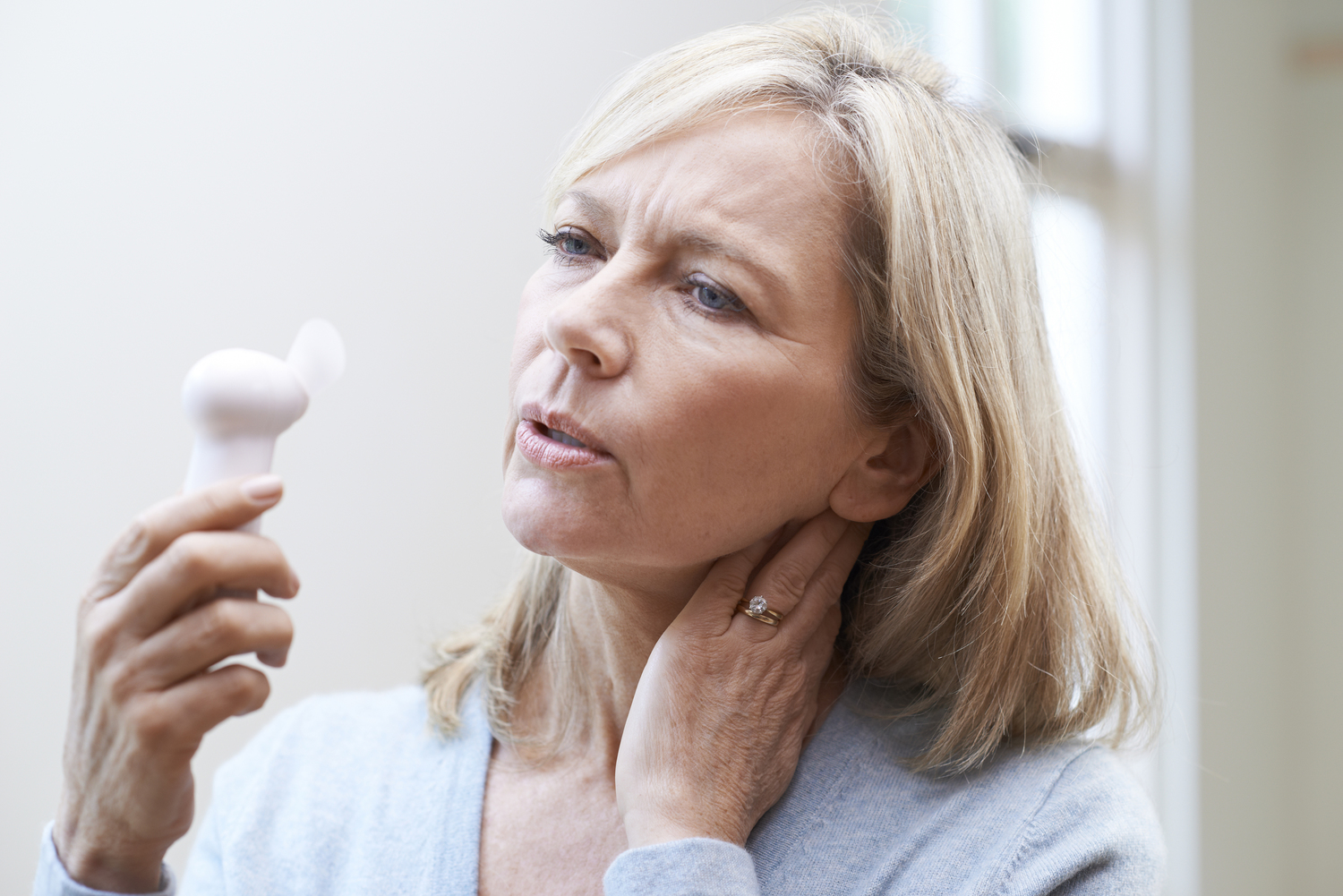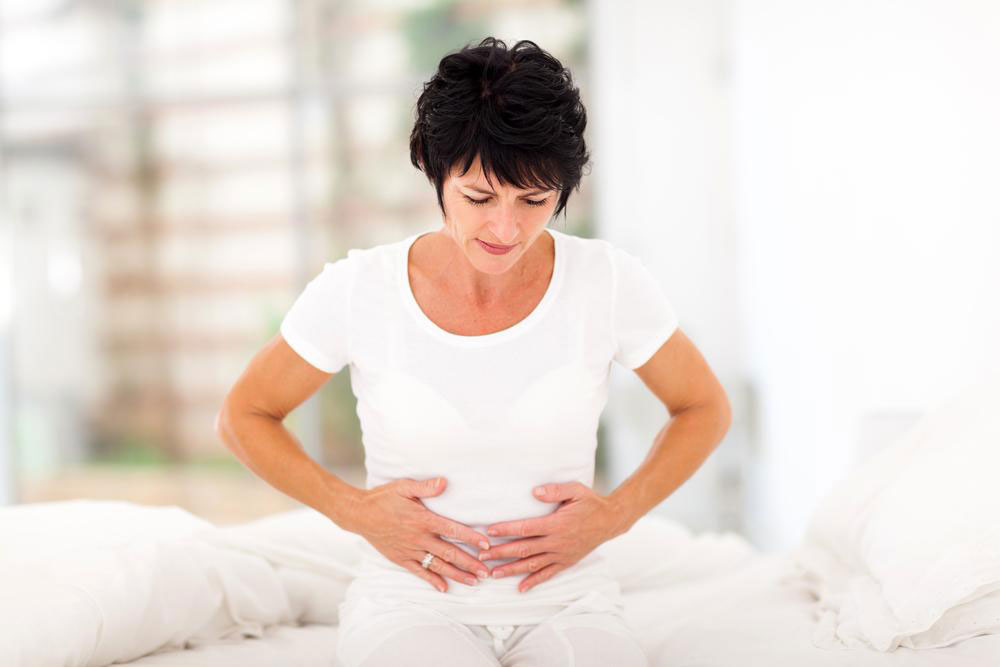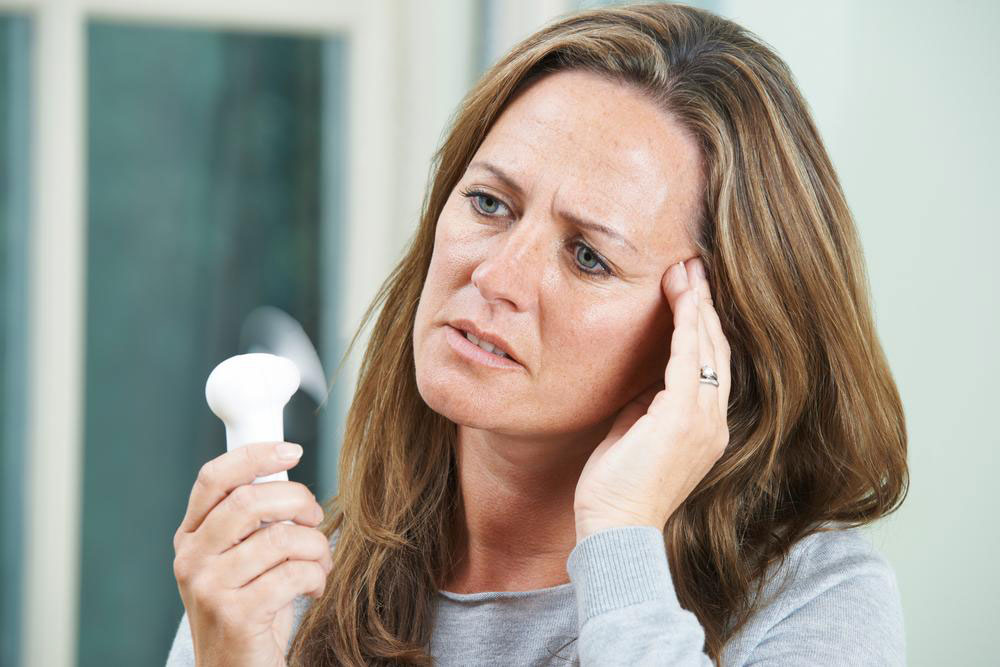Comprehensive Guide to Menopause: Recognizing Symptoms and Effective Management Strategies
This comprehensive guide explores the top symptoms women face during menopause and offers practical strategies for effective management. Covering hot flashes, sleep disturbances, emotional changes, and more, it provides essential tips to ease this transition, enhance comfort, and improve overall well-being throughout menopause.

Comprehensive Guide to Menopause: Recognizing Symptoms and Effective Management Strategies
Entering menopause is a significant milestone in a woman’s life, often accompanied by various physical, emotional, and cognitive changes. Typically occurring between the ages of 45 and 55, menopause marks the end of reproductive years and is characterized by hormonal fluctuations, mainly a decline in estrogen and progesterone levels. While this transition is natural, many women experience symptoms that can impact their quality of life. Understanding these symptoms and adopting effective management techniques can greatly ease this phase, promoting better health and well-being.
1. Sudden Hot Flashes and Flushing
One of the most common and immediately noticeable symptoms of menopause is sudden hot flashes. These episodes involve a sudden surge of heat spreading through the upper body and face, often accompanied by sweating and a rapid heartbeat. Hot flashes can vary in intensity and duration, sometimes lasting only a few seconds, while other times extending for several minutes. They can occur randomly throughout the day and frequently disrupt daily activities. The underlying cause is the decrease in estrogen, which affects the body's temperature regulation mechanisms.
To manage hot flashes effectively, women should focus on lifestyle adjustments such as dressing in layers, avoiding spicy foods, caffeine, and alcohol, which can trigger episodes. Keeping the environment cool and breathable can be helpful—consider using a fan or air conditioning during hot flashes. Stress reduction techniques like deep breathing exercises, meditation, and yoga can play a vital role in minimizing frequency and severity. Regular physical activity also helps stabilize hormonal fluctuations and improve thermoregulation. Additionally, some women find relief through FDA-approved medications, like Intrarosa, which contains prasterone (DHEA) and can alleviate various menopausal symptoms.
2. Nocturnal Sweats and Disrupted Sleep Patterns
Nocturnal sweats, or night sweats, are hot flashes that occur during sleep, leading to excessive sweating, chills, and difficulty maintaining restful sleep. Waking up drenched in sweat can lead to fatigue, irritability, and decreased overall well-being. To reduce night sweats, it’s essential to create a cool, comfortable sleep environment by using breathable bedding, wearing lightweight pajamas, and keeping the bedroom temperature between 60-67°F (15-19°C). Proper ventilation and avoiding heavy mattresses or excessive bedding can also promote better sleep quality. Establishing a relaxing bedtime routine and practicing stress reduction techniques can help prepare your body for restful sleep.
3. Hair Thinning and Dryness
Hormonal changes during menopause often lead to hair thinning, increased brittleness, and hair loss, particularly on the scalp. The decline in estrogen and progesterone levels affects hair growth cycles, resulting in hair becoming dry, coarse, and more prone to breakage. To support healthier hair, women should consider natural remedies such as applying egg whites or coconut oil treatments, avoiding harsh chemical treatments, and reducing heat styling. Maintaining a balanced diet rich in omega-3 fatty acids — found in fish, flaxseeds, and walnuts — can nourish hair follicles from within. Supplements like biotin may also be beneficial. Managing stress through relaxation techniques is crucial since stress can exacerbate hair thinning.
4. Emotional and Mood Changes
Fluctuating hormone levels during menopause can significantly impact emotional health, leading to mood swings, irritability, anxiety, and in some cases, depression. These emotional shifts are often unpredictable and may interfere with daily life. To manage emotional fluctuations, women should practice stress reduction techniques such as mindfulness meditation, yoga, or deep breathing exercises. Maintaining a balanced diet that includes B-vitamins, magnesium, and omega-3 fatty acids can support emotional stability. Regular physical activity is also proven to release endorphins, natural mood enhancers. If mood disturbances become severe or persistent, seeking support from a mental health professional is advisable for appropriate therapy or counseling.
5. Persistent Fatigue and Low Energy
Many women experience ongoing fatigue during menopause, often due to hormonal imbalances, poor sleep, or underlying health issues. Persistent tiredness can diminish productivity and enjoyment of daily activities. To counteract fatigue, it's essential to prioritize quality sleep by establishing a consistent sleep schedule, avoiding caffeine and electronic devices before bedtime, and creating a calming sleep environment. Additionally, consuming a nutritious diet rich in vitamins, minerals, and antioxidants can boost energy levels. Incorporating regular moderate exercise, such as brisk walking or swimming, can improve circulation and enhance overall vitality. Ensuring adequate hydration and managing stress levels play crucial roles in maintaining high energy.
6. Memory Problems and Cognitive Fog
Memory lapses and difficulty concentrating are common complaints during menopause, often termed as cognitive fog. This phenomenon results from hormonal fluctuations affecting neurotransmitter function and brain health. To support cognitive function, women should engage in mentally stimulating activities like reading, puzzles, or learning new skills. Regular physical activity and a nutrient-dense diet rich in antioxidants can help protect brain cells. Ensuring adequate sleep and managing stress through relaxation techniques are also vital. If cognitive issues persist or worsen, consulting a healthcare provider for further assessment and possible hormone therapy or other interventions is recommended.
7. Reduced Sexual Desire and Vaginal Changes
Hormonal decline can lead to a decreased libido, vaginal dryness, and discomfort during intercourse. These changes impact intimate relationships and personal well-being. Open communication with your partner about these issues can foster understanding and support. Managing vaginal dryness with water-based lubricants or vaginal moisturizers can improve comfort. Additionally, some women benefit from localized estrogen therapies such as vaginal creams, tablets, or rings prescribed by a healthcare provider. Reducing stress, maintaining physical activity, and staying emotionally connected with your partner can also help restore sexual desire and intimacy.
8. Irregular Menstrual Cycles and Bleeding Patterns
One of the earliest signs of approaching menopause is irregular menstrual cycles. The frequency, duration, and flow of periods may become unpredictable, leading to confusion and concern. These changes are caused by fluctuating hormone levels affecting the ovarian function. Women should prepare emotionally and physically for these irregularities and track their cycle patterns. If heavy bleeding, clotting, or bleeding between periods occur, consulting a healthcare provider is essential to rule out other health issues. Understanding that irregular cycles are a natural part of menopause can help women approach this phase with patience and awareness.
9. Weight Gain, Especially Around the Abdomen
Many women notice weight gain during menopause, particularly around the abdomen. Hormonal shifts lead to a slower metabolism, increased fat storage, and changes in body composition. To manage weight effectively, incorporating regular high-intensity interval training (HIIT), brisk walks, cycling, or jogging can accelerate calorie burning. Focusing on a balanced, nutrient-rich diet low in processed foods and high in fruits, vegetables, lean proteins, and healthy fats supports weight management. Mindful eating and portion control are also helpful strategies. Maintaining an active lifestyle not only controls weight but also enhances overall health and reduces the risk of chronic diseases linked to menopause.
10. Unexplained Headaches and Migraines
Some women experience sudden-onset headaches or migraines during menopause, often without an apparent cause. These headaches can be severe and interfere with daily activities. Hormonal fluctuations are a primary trigger, and in some cases, they may require specific treatment options. Over-the-counter pain relief such as acetaminophen or ibuprofen may alleviate mild headaches. For persistent or severe cases, consulting a healthcare professional is crucial. They may recommend hormone therapy or other treatments to address underlying hormonal imbalances. Tracking headache patterns and identifying triggers like stress, dehydration, or certain foods can also aid in managing symptoms effectively.





